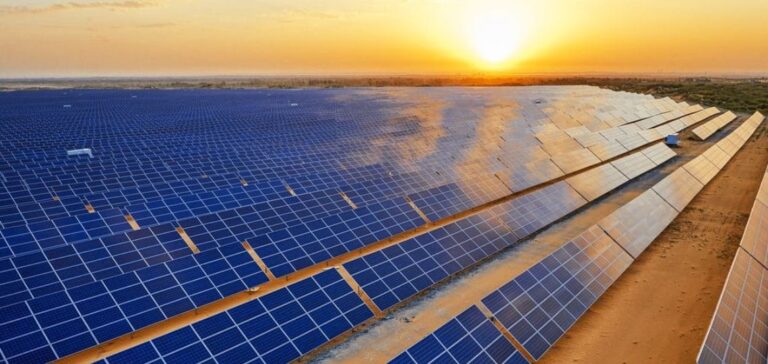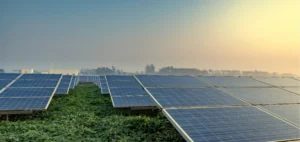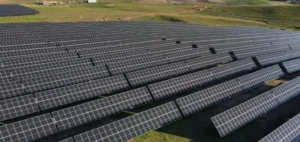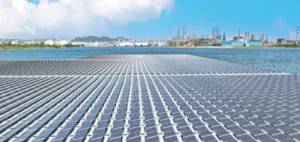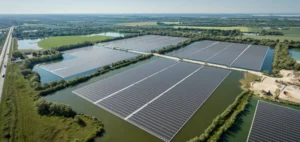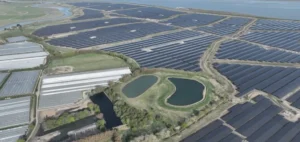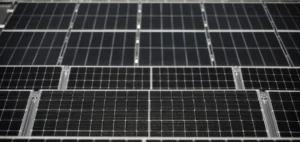The European Bank for Reconstruction and Development (EBRD) has approved total financing of 7.8 million euros for two photovoltaic projects. The first project is wholly owned by the French group Qair, while the second is a joint venture with Mazarine Energy. This financial step is crucial to the deployment of Qair’s initiatives in Tunisia, where the country has significant solar potential.
Construction and logistics
These projects involve a 25-year land lease for Feriana. They also include the construction of an access road along an existing route and the installation of a connection to the power grid, with a link to the STEG substation located 3 kilometers away.
Energy targets and emissions reductions
By implementing these photovoltaic power plants, Qair aims to contribute to Tunisia’s energy diversification objectives and reduce the country’s CO2 emissions. These efforts are aligned with the national objective of increasing the share of renewable energies to around 30% of electricity generation capacity by 2030, in line with Tunisia’s commitments under the Paris Agreement.
Qair’s progress and future projects in Tunisia
Active in Tunisia since 2015, Qair is currently developing a portfolio of nearly 900 MW in renewable energy projects, piloted by a team of 8 employees based in Tunis. After commissioning Tunisia’s first floating solar power plant on Lake Tunis in June 2022, Qair is now preparing the installation of photovoltaic power plants in Feriana, underlining its significant role in advancing sustainable energy solutions in the region.
Feriana’s photovoltaic projects reinforce Qair’s commitment to renewable energy production in Tunisia. This development supports the country’s energy diversification objectives and contributes to its global environmental commitments.

